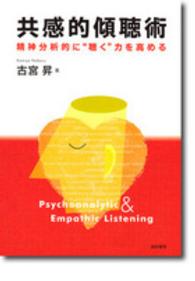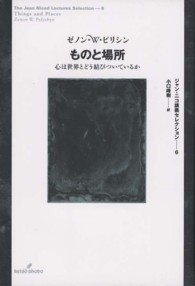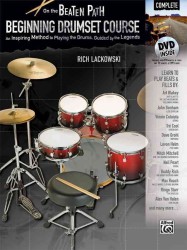- ホーム
- > 洋書
- > 英文書
- > History / World
Full Description
The work of Carlo Michelstaedter (1887-1910) was the first to analyze modernist philosophy in strict connection with social changes in mass society. Revealing how Michelstaedter was able to unveil the relations between pivotal early-modernist philosophies and social restructurings, The Wreckage of Philosophy examines the ongoing processes of "specialization," "rationalization," and "atomization." It points out how Michelstaedter connected the main theoretical expressions of modernism with the decisive social transformations of the early twentieth century, taking into consideration the key players of modernist philosophy, such as Friedrich Nietzsche, Henri Bergson, Ernst Mach, and William James.
By following Michelstaedter's analysis and strategies, The Wreckage of Philosophy focuses on several intertwined issues: the distinct philosophical positions within the modernist area; the connections between philosophy and modernist literature; the relations between intellectual positions and social upheavals; and the early-twentieth-century links among traditional philosophy, critique of language, and epistemology of technique.
Contents
Acknowledgments
Introduction
1 The Crisis of Truth
I. Michelstaedter and the Two Sides of Modernist Thought
II. The Social Overcoming of the Aesthetic Perspective
III. The Social Overcoming of Ethical Life and Tragic Thought
2 The Individual Will/Need and the Social Second Nature
I. The Light of Will and the "Direct Mode," or Michelstaedter's Version of Specialization
II. The Vortex of Correlativity, or Michelstaedter's Version of Relativism
III. The Organization (Abstraction) of Relativity
IV. The "Connective Mode"
3 Rhetoric's Paths
I. Rhetoric in Language: Michelstaedter's Sprachkritik and Giuseppe Prezzolini
II. The Abstractions of the Social Machine and the Master-Slave Dialectic
III. The Wreckage of Greek Philosophy and the Road to Persuasion
4 The Persuasion-Rhetoric Dialectic: History and Social Being
I. Science, Technology, and the Historical Character of the Second Nature
II. Ethics, Practice, and Dialectics
III. Rhetoric's Peak
Conclusion: The Limits of Bourgeois Thought: Persuasion and Rhetoric and History and Class Consciousness
Notes
Bibliography
Index








